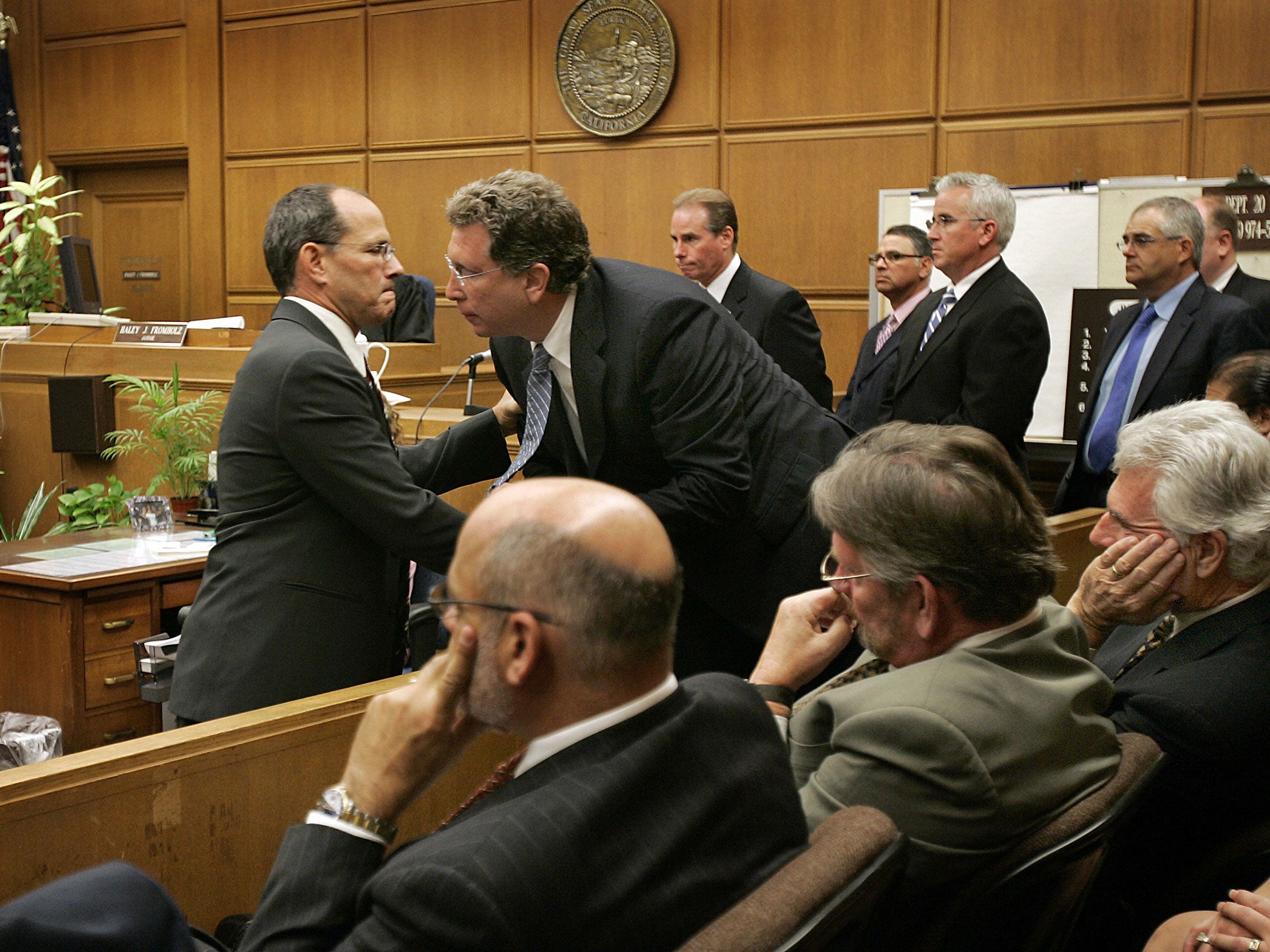Who’d want to be guilty of taking pride in prejudice?
Bigots often don’t fathom that their views could be offensive, so the case where a man claimed he couldn’t sit on a jury because of his extreme views seems odd.

Your support helps us to tell the story
From reproductive rights to climate change to Big Tech, The Independent is on the ground when the story is developing. Whether it's investigating the financials of Elon Musk's pro-Trump PAC or producing our latest documentary, 'The A Word', which shines a light on the American women fighting for reproductive rights, we know how important it is to parse out the facts from the messaging.
At such a critical moment in US history, we need reporters on the ground. Your donation allows us to keep sending journalists to speak to both sides of the story.
The Independent is trusted by Americans across the entire political spectrum. And unlike many other quality news outlets, we choose not to lock Americans out of our reporting and analysis with paywalls. We believe quality journalism should be available to everyone, paid for by those who can afford it.
Your support makes all the difference.In a conversation about jury duty recently, a friend commented that they’d heard if someone desperately wanted to get out of it, they could say they were racist. Although in theory it would work, as it would compromise their position, we couldn’t see why anyone would want to publicly announce prejudice.
As another friend said: “If you were actually racist, wouldn’t you avoid broadcasting it so you could potentially do some bigoted damage in court?” This week, our hypothetical conversation became real: a man (who cannot be named for legal reasons) claimed he couldn’t sit on a jury because of his extreme views.
“I strongly believe that it would be a serious injustice to the legal system to select me for jury service,” he said in a letter read out in court. “I hold extreme prejudices against homosexuals and black/foreign people and couldn’t possibly be impartial if either appeared in court.”
The man was warned he could be charged for failing to serve on a jury, but is this the correct punishment in such a situation? Inciting hatred is a crime but if an individual adopts ignorant views - and admits this, but fails to break any laws – there is no legal ramification.
Indeed if someone is racist or homophobic, it’s essential they shouldn’t serve in a jury as impartiality is key. The point of prejudice is that you have preconceived negative views without justification, which would compromise anyone’s position in court.
This is an interesting predicament for the judge as he can’t be sure the man’s letter was genuine or purely to get out of jury duty. Judge Gary Burrell QC told Southampton crown court “If you do genuinely hold these views then you are someone who should not be on the jury…I also question whether you should be doing anything responsible in society at all.”
A good point. But surely if you are “phobic” or any kind of “ist”, you don’t think your views are discriminatory, you believe they are justified? To acknowledge holding prejudiced views is almost like accepting that racism and homophobia are wrong. And, as we often see with some people who comment online, bigots don’t usually even fathom that their views could be registered as offensive.
Pride isn’t something which should be seen in prejudice, which is almost what this case allows for. Whether his sentiments are found to be true, or indeed as a way to get out of jury duty, perhaps a mandatory course in respecting others’ faith, culture and sexuality would be a start.
Join our commenting forum
Join thought-provoking conversations, follow other Independent readers and see their replies
Comments